-

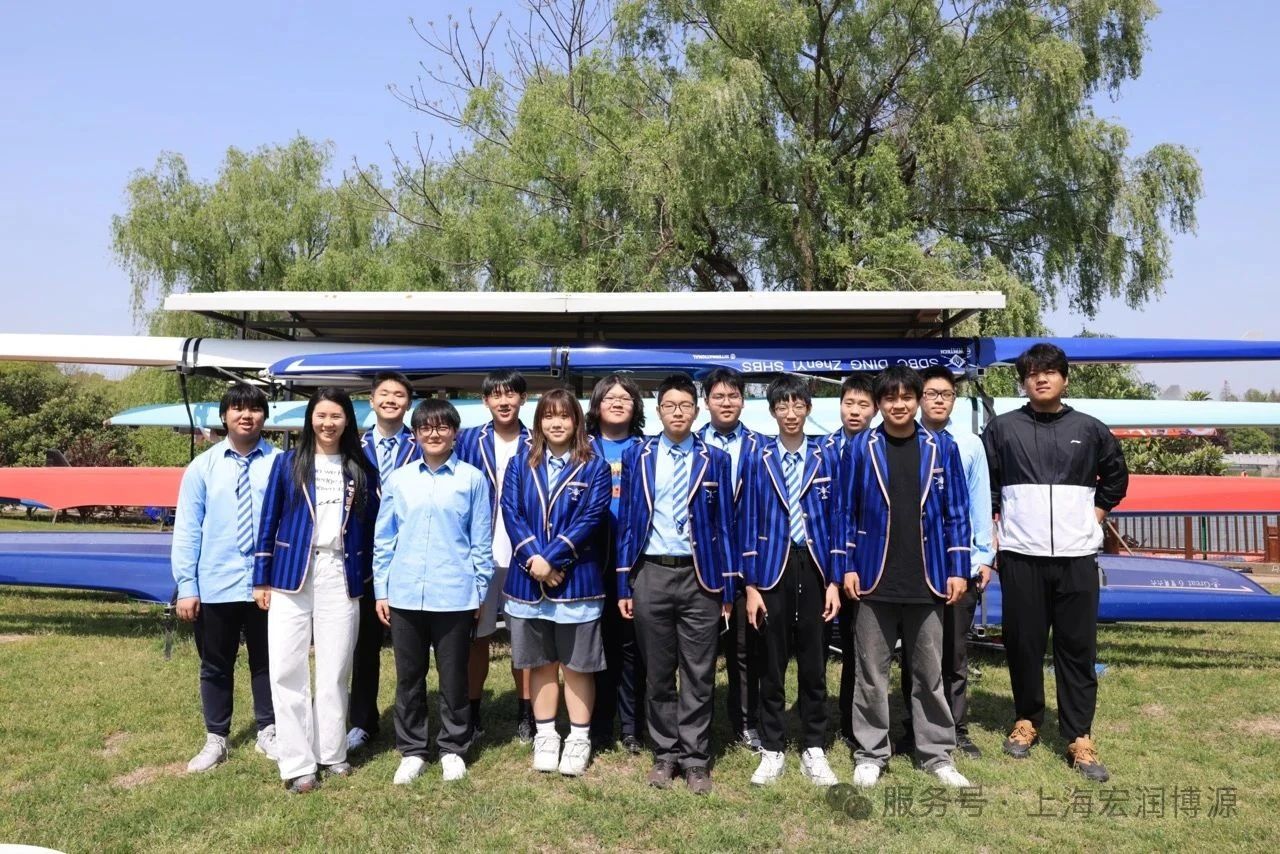 Hongrun Boyuan High School Rowing Academy | Shaping Youth Rowing Teams and Future Leaders2025-06-20
Hongrun Boyuan High School Rowing Academy | Shaping Youth Rowing Teams and Future Leaders2025-06-20 -

 Hongrun Boyuan High School Event | A Flourishing of Talents and Vibrant Energy: 2024–2025 Second Semester Club Summary Report2025-06-18
Hongrun Boyuan High School Event | A Flourishing of Talents and Vibrant Energy: 2024–2025 Second Semester Club Summary Report2025-06-18 -

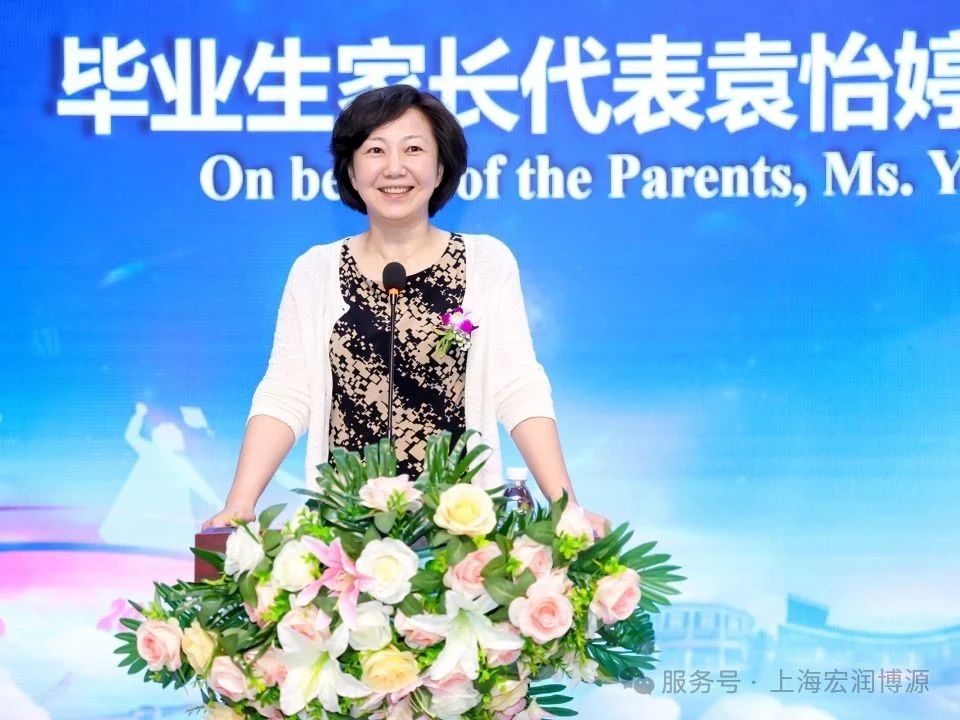 Commencement|Speech by Ms. Yuan Yiting, Parent Representative of the Graduates2025-06-06
Commencement|Speech by Ms. Yuan Yiting, Parent Representative of the Graduates2025-06-06
- 2024-06-15
- Views:1157
TEDxSHBS Youth
“
Dear students, colleagues, and guests.
Good afternoon!
I'm delighted to share some of my thoughts with you today at our school's first TEDx event. The theme of this TEDx is "Connection," and when Lexie invited me to speak on this topic, I felt very excited. It was my own trust in and desire for connection that led me to choose teaching as a profession at this stage of my life.
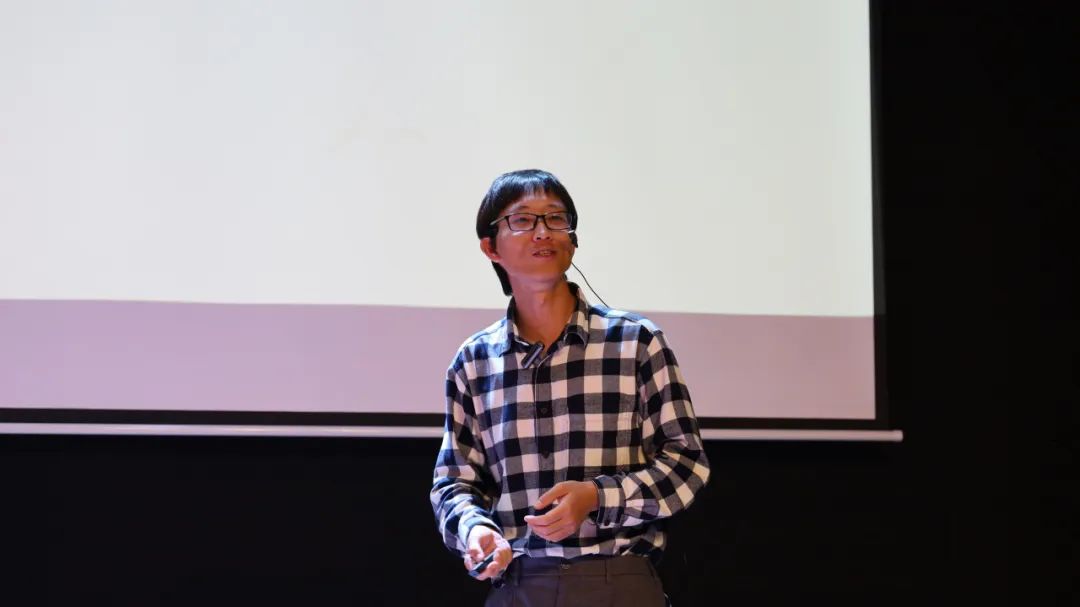
This desire for connection dates back to my own high school days. In my senior year, I showed significant signs of what is now called "hollow disease." At that time, the term hadn't been coined yet; it was later summarized by Xu Kaiwen, a professor responsible for student psychological counseling at Peking University, to describe a psychological phenomenon among teenagers. Hollow disease refers to a state where a person hasn't faced any particular difficulties or setbacks but still feels exhausted and empty, lacks interest in anything, and finds life meaningless. This isn't something new; it's a natural physical and mental reaction when someone has been disconnected from their true self for too long. Back then, I always felt a void inside me. When I tried to talk to others about it, they either said my life was too smooth or that I was overthinking and should just keep busy. The indescribable pain brought by this emptiness was yearning for understanding but found none.
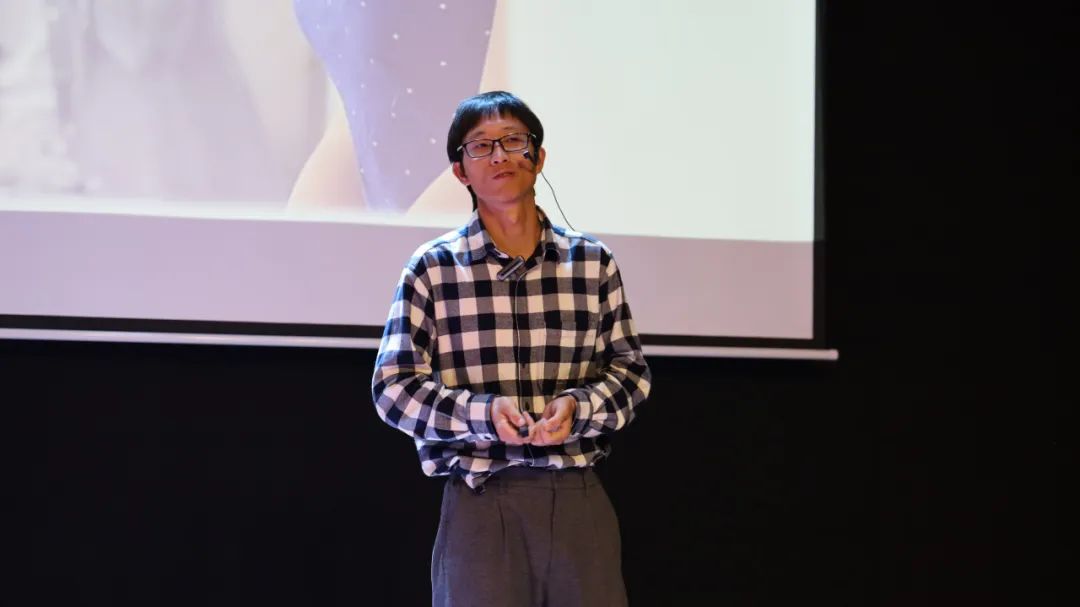
This pain later drove me to continuously explore various forms of self-discovery. I tried psychological counseling, Taoist practices, different schools of meditation, emotional release exercises, and a lot of reading and thinking. Today, I want to share the core insight I've distilled from these explorations: emptiness stems from separation from the real self. This separation happens because we hold onto certain beliefs too firmly. Letting go of these beliefs naturally reconnects us with our true selves.
I offer an elective class on "self-love" every Friday afternoon. One exercise in this class is feeding each other. Students are randomly paired, and each person prepares a meal for their partner without letting them know or see what it is. During the meal, one student closes their eyes and has no idea what they will eat, while the other feeds him. When the student with closed eyes feels full, they switch roles. The purpose of this exercise might not be immediately clear,but think about it for a moment.
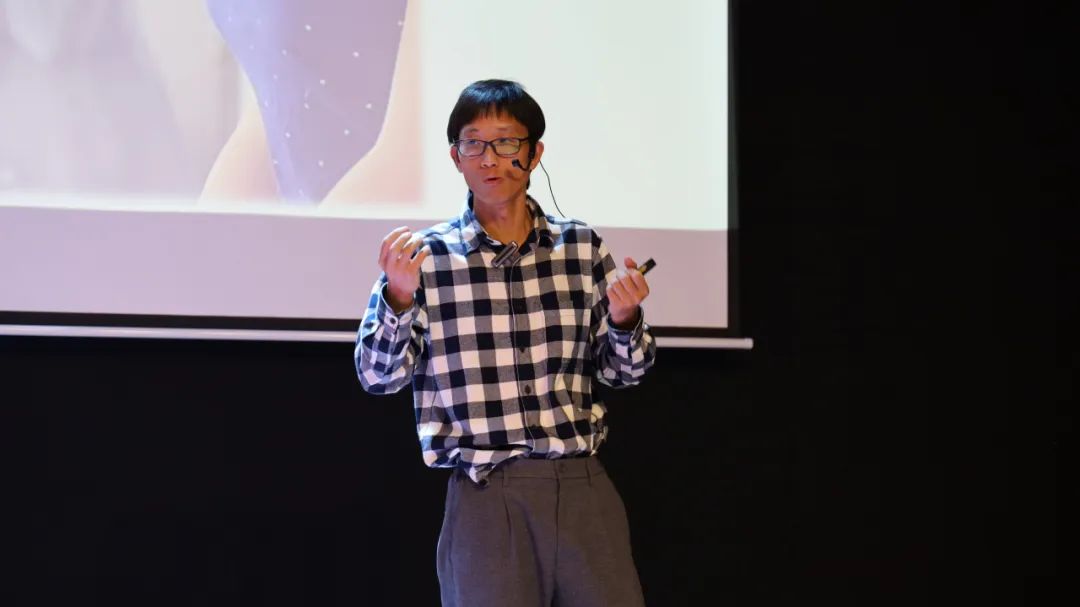
I remember the first time I participated in this exercise. My partner fed me a spoonful of cooked beans from a can of tomato soup, which wasn't as sour as ketchup. But that taste was so sour that it jolted me, making me tear up and enter a nearly meditative state. I had never felt my taste buds so sensitive before. It seemed like the whole world disappeared, and my mouth became the entire universe. I could vividly sense the sourness, the texture of the beans, the graininess, the hardness and softness, and the shape of each bean. After that, I realized I had never truly tasted food. Usually, when I see food, my mind plays memories and expectations about it. I know what it will taste like and wait for the taste to match my expectation. In this process, I'm mostly eating my mind's concept of the food, and my connection with the actual food is very thin. When I close my eyes, my mind's concepts and expectations can't arise, forcing me to fully engage with my taste experience. This experience is incredibly detailed, rich, and full. It feels like my whole being is activated, and I intensely feel alive. At such moments, you realize that being alive doesn't need any meaning or value—the fact that you are alive is everything.
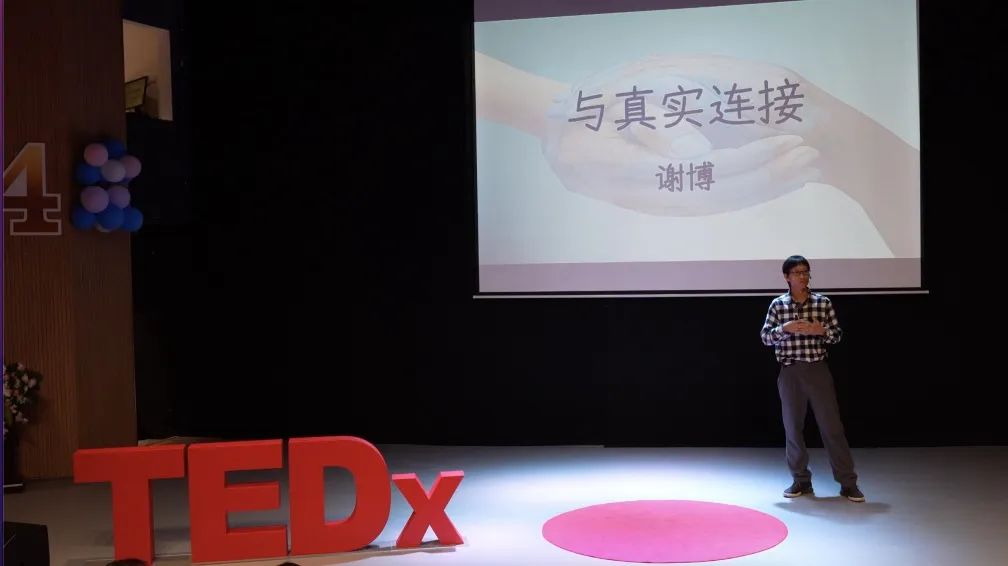
Incidentally, this is also a great way to lose weight. When you are connected with your body, you find you don't need much food and instinctively avoid oily, salty, or junk food. Foods you usually find bland, like grains and vegetables, reveal their natural and rich flavors. However, one big problem in our lives is that, just like we eat with our eyes open, our minds are filled with various concepts, leaving little room for real experiences to enter our awareness. I have a friend with an eight or nine-year-old child. Once, when I was visiting, he asked his child to recite the names of the five continents, the four oceans, the four ancient civilizations, the four great Chinese novels, the four directly governed municipalities of China, and the five state-planned cities. I felt overwhelmed listening to this. This kid, so young and with little chance to explore the world, already had his head stuffed with so-called knowledge, making him feel like he has a grasp on the world. How could he have space and sensitivity to connect with the real world?

This kind of mindset is common. Some people like to count how many countries they've visited, others are obsessed with taking photos and posting on social media during trips, and some like to tally how many books they've read in the past year. These behaviors focus on mental concepts and neglect the present experience and connection with reality.
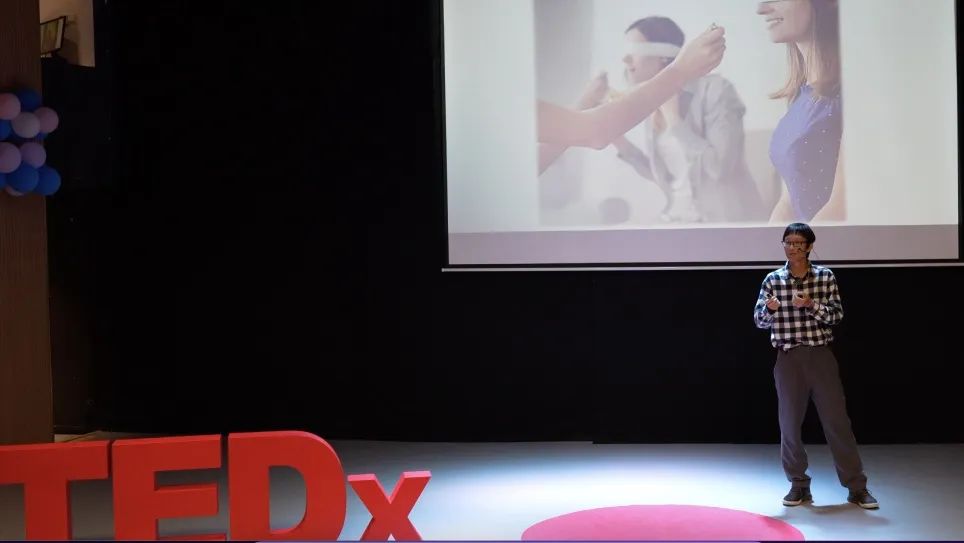
But this preoccupation with preconceived notions is actually easy to solve. You just need to be aware of the problem and remind yourself to stay aware of your feelings, like eating with your eyes closed. However, this is only possible when the concepts in your mind are just some kind of knowledge or opinion without emotional needs attached. When these concepts carry emotional needs, things become different.
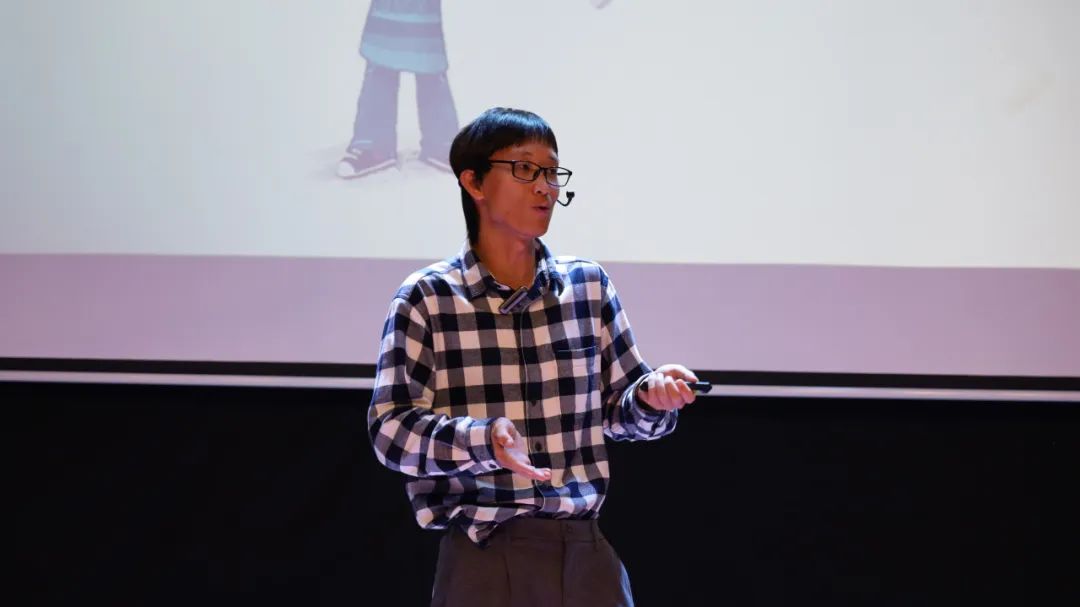
For example, when I first started writing this TEDx talk, I felt stuck. I was squeezing my brain juice like toothpaste. Then I asked myself why. After some inner sensing, I realized I had emotional needs attached to the outcome of this talk. I wanted all of you to understand and resonate with what I'm saying and to think that I'm doing a great job. Otherwise, I would feel like a failure. To avoid this feeling, I kept obsessing over how to phrase each sentence, thinking about how you might react. I found that in this state, I was blocked by the concept of "I cannot fail," leading to a disconnection with myself, with you, and with the content of my talk. I had turned myself, you, and the talk into objects to manipulate for my own emotional needs, thus completely ignoring their true essence. Naturally, I felt stuck. After doing some emotional release exercises and letting go of my attachment and control, I was able to write the entire speech smoothly within a few hours, feeling deeply connected throughout the process.
Another example: we all instinctively think that my father is my father, and my mother is my mother. You might think, isn't that obvious? But once we label our parents, we immediately attach a series of expectations to the roles of parents: they should love us, care for us, understand us, respect us, support us unconditionally, treat us gently, give us freedom, do everything for us, and so on. With these expectations, there is no space left to perceive their true selves. It wasn't until I was in my thirties that I realized my parents are individuals first; their role as parents is secondary to their true selves. They are just two ordinary people with their own life experiences, desires, struggles, achievements, courage, and limitations. When I understood this, it felt like I opened my eyes for the first time and saw their true selves. Being their child for over thirty years, that was the first time I truly connected with them. When in this state of connection, love naturally flowed from my heart. I know this might sound premature to you now, but I hope to plant a seed. Maybe one day, out of the blue, it will sprout, and you'll understand, "Oh, so that's how it is.”You can see that concepts like "I cannot fail" or "parents are parents" carry strong emotional needs, making them much harder to transcend and establish a connection with reality. Dealing with these concepts and emotions is a lifelong theme. This is also the essence of the term "Xiuzhen" in self-improvement literature.
Joseph Campbell, a mythologist, beautifully summarized this process. He studied myths and legends from various civilizations and wrote "The Hero with a Thousand Faces," revealing a common psychological pattern in human development. The pattern goes like this: at some point, a young person feels a call to adventure, ventures into a dark cave, slays the dragon inside, and retrieves the treasure or rescues the princess, then returns to the world. Here, the young person is each of us, the call to adventure is our desire to connect with reality, the dark cave is our inner mind, and the key is to understand what the dragon represents. The dragon symbolizes the demands we place on ourselves, others, and the world due to our emotional needs. The more intense the demands, the fiercer the dragon. To slay the dragon is to accept and allow the possibility that our strong desires or demands might not be met. When this desire or demand is very strong, letting it go can bring deep disillusionment, almost like a part of us is dying, making the world seem black and white. This moment of killing the dragon is crucial. Only by embracing this "death" can we touch reality, establish connection, and truly feel love. You'll find that love is never something we actively do. When connected with reality, love flows naturally and irresistibly. You cannot help but love. Your whole existence becomes love itself.
Finally, I will end with a poem by Joseph Campbell:
We have only to follow the hero's path
And where we had thought to find an abomination
We shall find a god
Where we had thought to slay another
We shall slay ourselves
Where we had thought to travel outward
We will come to the center of our own existence
And where we had thought to be done
We will be with all the world
文 | Bo Xie
排版 | Jang
图 | Kimi Wang(G10) Thea Wu(G10)








